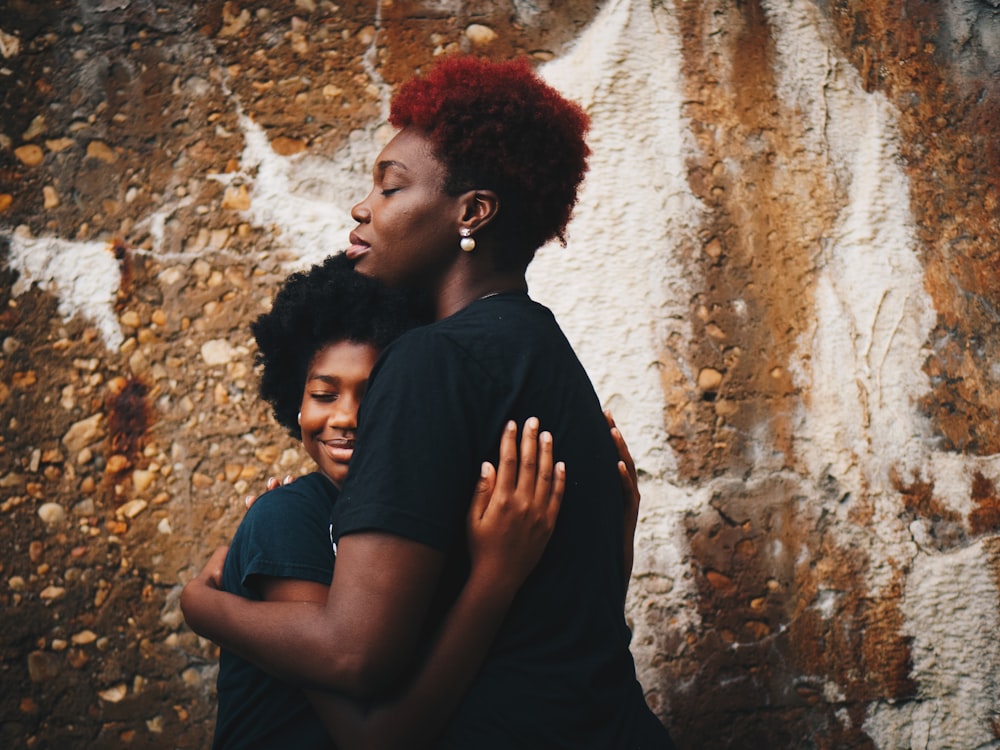When I was in the 8th grade, I went to “Music Camp” at Red Lodge, MT. I was an intense saxophone player, (understatement of the century), and so I was super hyped to get graded by the best musicians in the state. I thought about it all the time.
Well, when we got to my dorm room, my parents and I, we immediately discovered it smelled terrible! We noticed there was another kid in the room, who had arrived before us. While we assumed it was him, we didn’t care! Being polite, we of course decided not to say anything. I remember thinking that the kid had some kind of digestion issue.
Anyway, very shortly, after my parents left, all the kids then began to say the smell was me. I stuck out, because of my big hair and glasses and so I was sort of an easy target. And I was obsessed with my saxophone. Major nerd.
The older senior kids began to get violent with me. They would come into our room and yell about the smell.
When I would walk down the hallway the kids would laugh and avoid me. Again – I knew the smell was coming from this other kid. But I really liked him.

The “girls” laughed at me, too – and it was embarrassing to say the least. I actually had suicidal thoughts in that short amount of time.
When my mom came to get me, I asked her, “Mom, do I smell?”
And she said, “No! Why?” She was very surprised to hear this.
In that short amount of time, I had actually begun to believe the narrative that I “smelled” even though I knew full well it wasn’t me. In that short of time, I was having suicidal ideation.
Bullying in Schools
Bullying is a serious problem that can have a negative impact on a child’s social and emotional development. While it is important for parents to talk to their children about bullying, it is also important to take action if they suspect their child is being bullied. And while boys are more likely to be physically bullied, girls are more likely to be cyberbullied.
There are three main types of bullying: physical, verbal, and emotional. Physical bullying includes hitting, kicking, or taking someone’s belongings. Verbal bullying includes name-calling, threats, or making hurtful comments. Emotional bullying includes excluding someone from a group or spreading rumors about someone.
No matter what type of bullying your child is experiencing, it is important to take action. Here are three things you can do if you suspect your child is being bullied:
-
Talk to your child.
The first step is to talk to your child about what they are experiencing. It is important to listen without judgment and let your child know that they can come to you with anything. Like my mom! She asked me about what was going on and how I was feeling. She let me know that she was there for me and that she wanted to help however she could.
-
Contact the school.
If you suspect your child is being bullied at school, it is important to contact their teacher or the school administration. They will be able to investigate what is happening and take appropriate action.
My mom called up the music teachers and raised hell. We then had a day in the band room where they talked about what happened to me. I was fine with this and bounced back quickly because the problem was addressed relatively early.
No parent wants to hear that their child is being bullied at school. But unfortunately, bullying is a reality for many kids. According to the National Bullying Prevention Center, 1 in 5 kids report being bullied. And even more respond that they have witnessed bullying taking place at their school.
“1 in 5 kids report being bullied”
So, to reiterate: the first step is to talk to your child’s teacher or another school staff member. By bringing awareness to the issue, you can help the school take steps to address it. It is important to remember that schools have a responsibility to create a safe learning environment for all students and they cannot do so if they are not aware of what is happening.
If you feel like your child’s situation is not being taken seriously or adequately addressed by the school, there are other steps you can take, such as contacting your local district’s superintendent or filing a complaint with the Office for Civil Rights.
You can also reach out to organizations such as PACER’s National Bullying Prevention Center.
-
Seek professional help
If you are concerned about your child’s mental health, it is important to seek professional help. One of our counselors or therapists here at Sunflower Counseling can provide support and guidance for both you and your child. Our number is: 406 214-3810.
-
Help them build a support system.
In addition to talking to your child, it’s also important to help them build a support system of close friends or family members they can rely on. These people can provide a listening ear and a shoulder to cry on when needed.
-
Encourage them to speak up.
If your child is being bullied, it’s important that they speak up about it. This can be difficult, but it’s important for them to know that they have a voice and that they shouldn’t allow anyone to control or silence them.
Again, it’s important that they know they are not alone. You got their back.
The Bottom Line: Take Action
Bullying is a serious problem that can have a negative impact on a child’s social and emotional development. If you suspect your child is being bullied, it is important to take action. Talk to your child, contact the school, and seek professional help if necessary. By taking action, you can help your child through this difficult experience.
Kerry Heffelfinger is the co-founder of Sunflower Counseling in Missoula with his wife, Marie Pettit, LCPC. He and his wife created Sunflower together to help people get better counseling in their lives. With their team of therapists and client care coordinators, they have helped thousands of families in Montana by getting people the counseling they need. Before this, Kerry ran Highwood Music where he taught 80 students in classes how to play classical piano and guitar. He graduated from UM with a Master’s in Education.


